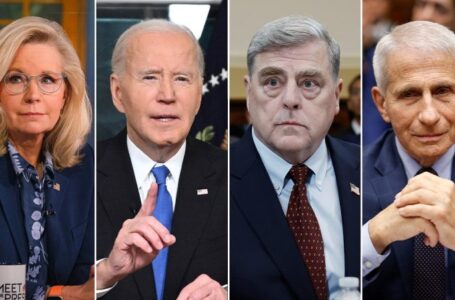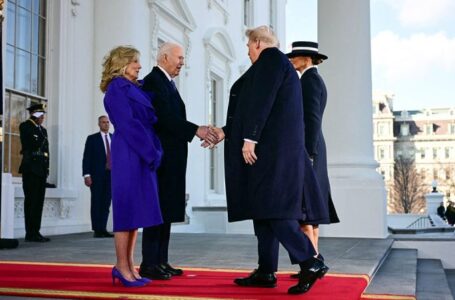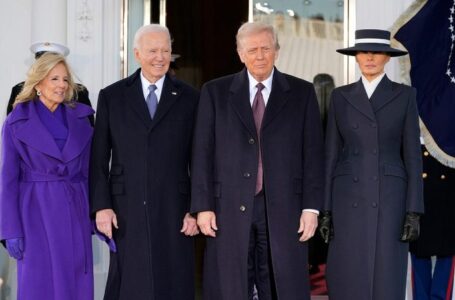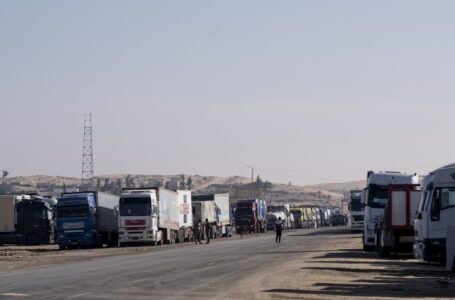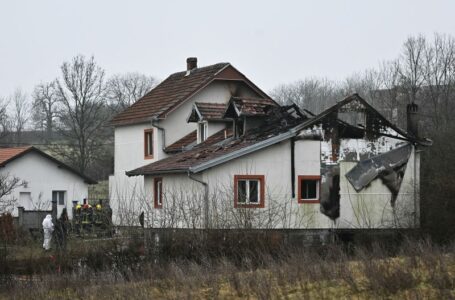GOP lawmakers pledge to investigate Biden’s last-minute pardons: ‘Call them all before Congress’
Afghan girl who encouraged others to sing wins children’s peace prize
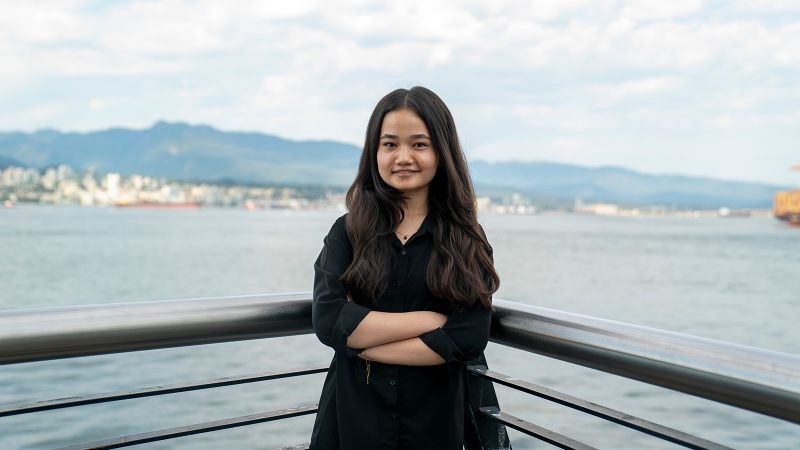

A 17-year-old who is not allowed to speak in public in her own country has won a prestigious international award for advocating for the rights of Afghan girls.
Nila Ibrahimi won the International Children’s Peace Prize on Tuesday, an award that has recognized luminaries including climate activist Greta Thunberg and girls’ education campaigner Malala Yousafzai.
Ibrahimi received the honor for her “courageous work to fight for the rights of girls” in Afghanistan, where women are being silenced by oppressive rules set by the Taliban, who seized power in 2021.
Before the takeover, Ibrahimi gained an online following after using her voice to pressure Kabul education authorities to overturn a ban on schoolgirls singing in public.
Ibrahimi recorded herself singing, and her brother uploaded the video to social media.
The “IAmMySong” campaign caught on and, within weeks, the ban was overturned.
“That was the first time that I thought, wow. Like if I do want it, if I do think this is the way I want to live, I can speak up and that can be accepted,” she said in a video statement.
Campaigning from Canada
Ibrahimi was 15 when the Taliban moved into Kabul and seized power after the chaotic withdrawal of the US and its allies following a 20-year occupation, returning the nation to theocratic rule.
With the help of the 30 Birds Foundation, Ibrahimi fled Afghanistan with her family — first to Pakistan and then Canada, where she continues to advocate for Afghan girls.
She co-founded “Her Story,” which encourages Afghan girls to share their stories, spotlighting the voices of those still in Afghanistan.
“Every single day I think of those girls who are left behind in Afghanistan, left with no hope. In Canada, I make decisions about my life and embrace the person I aspire to be, but what about them?” Ibrahimi said in a speech to the Geneva Summit for Human Rights and Democracy last year.
After the Taliban took power, they closed schools for girls over 12. Teenage girls and women are not allowed to study or work and can only leave the house with a male relative. They can’t talk in public and must cover themselves head to toe, their eyes downcast to avoid accusations of impropriety. They aren’t allowed to use parks, gyms and other public facilities. Nor can they travel without permission.
The restrictions are part of a dramatic reversal of freedoms gained over two decades since the last time the Taliban ruled Afghanistan.
Last week, the Taliban carried out a public execution, drawing condemnation from senior United Nations officials who called for an immediate end to such practices.
The UN’s Special Rapporteur to Afghanistan, Richard Bennett, said the execution was a “clear violation of human rights.” Bennett has been banned from Afghanistan by the Taliban, who have accused him of spreading propaganda.
Germany, Australia, Canada and the Netherlands have accused the hardline Islamist group of violating the UN Convention on the Elimination of All Forms of Discrimination against Women.
The Taliban has previously said it was “absurd” to accuse Afghanistan’s leaders of gender discrimination. “Human rights are protected in Afghanistan and no one is discriminated,” said spokesman Hamdullah Fitrat Fitrat.

